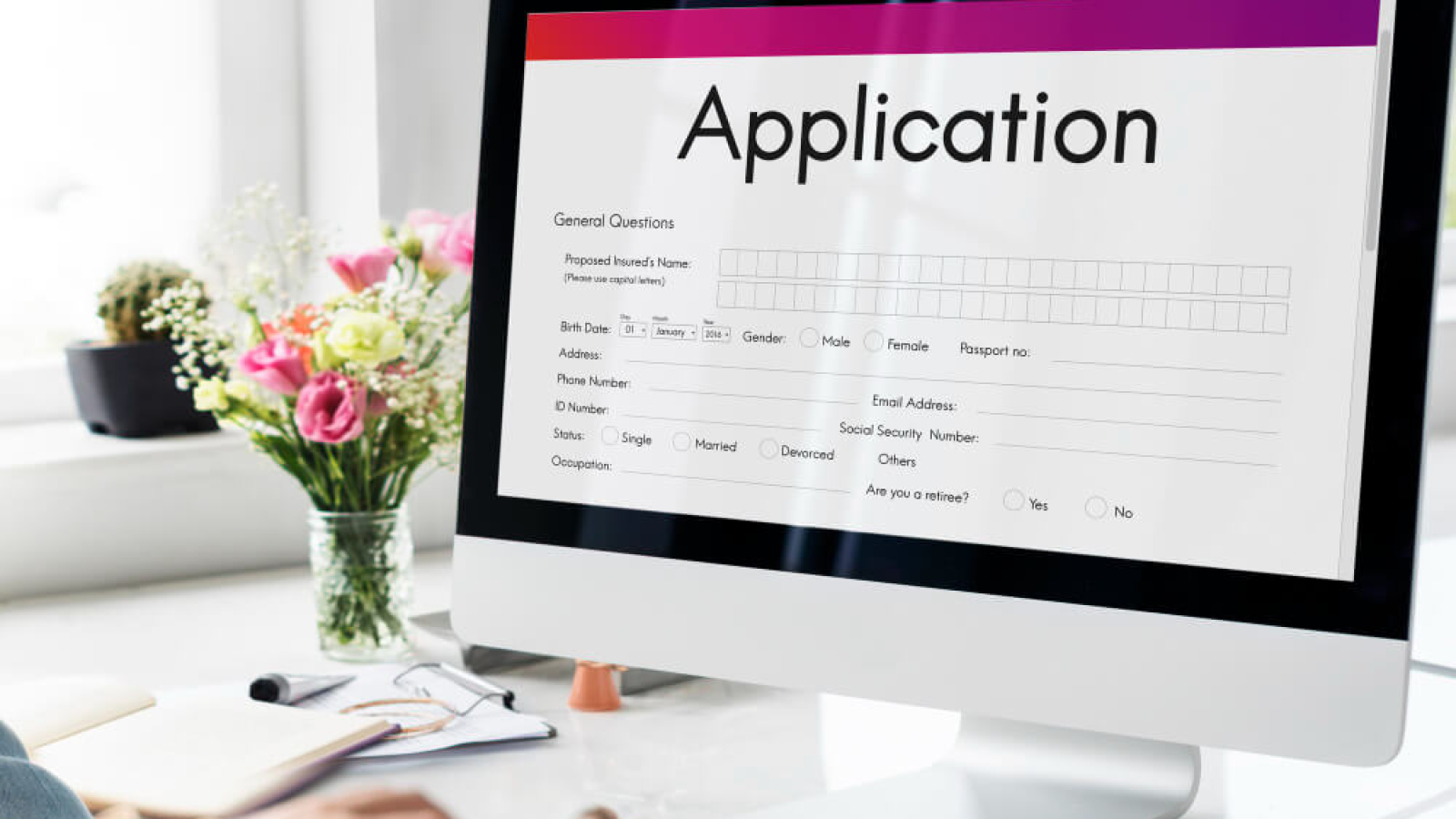Call for Applications: Special Indigenous Community Engagement Liaisons.
CONTEXT
The International Day for the World’s Indigenous People is marked on August 9th every year. It is a day set aside to encourage the protection and promotion of the rights of indigenous peoples, as well as celebrate these communities and their knowledge.
Indigenous Peoples represent the greater part of the world’s cultural diversity. They speak an overwhelming majority of the world’s estimated 7,000 languages and represent 5,000 different cultures. While indigenous peoples are recognized as the stewards of the major part of the world’s biological, cultural and linguistic diversity, they remain a disproportionately underrepresented and marginalized segment of society.
This year’s observance prioritizes three (3) crosscutting focal areas - Climate Action and the Green Transition, Mobilizing for Justice and Intergenerational connections, constituting the theme Indigenous Youth as Agents of Change for Self-determination.
Among these three focal areas, intergenerational connection plays a pivotal role regardless of the challenge of the day, in promoting shared and sustainable progress across indigenous communities.
Intergenerational connection is crucial for advancing indigenous communities’ rights and enabling inclusive development. By sharing traditional knowledge, wisdom, and cultural values across generations, a resilient continuum is formed, enriching community identity and self-determination. This connection empowers youth with ancestral insights while elders benefit from fresh perspectives, ensuring holistic decision-making and sustainable progress. Resulting in a synergy which ensures sustainable practices, preserves indigenous identity, and addresses modern challenges. By bridging generations, indigenous communities fortify their voice, amplify advocacy, and collaboratively craft holistic strategies, safeguarding rights and enabling inclusive development that respects heritage while embracing progress.
In line with the recognition that increased representation and participation of Indigenous communities is crucial for inclusive development, we are pleased to announce the Special Indigenous Community Engagement Liaison Program of Senator Ireti Kingibe’s 2RUHOPE Development Initiative.
SPECIAL INDIGENOUS COMMUNITY ENGAGEMENT LIAISON PROGRAM OVERVIEW
The Indigenous Community Engagement Liaison acts as a point of contact, advocate, and ambassador to ensure that development activities and programs align with the interests and aspirations of the community.
There are nine (9) ethnic tribes that collectively constitute the indigenous people of the Federal Capital Territory - Amwamwa, Bassa, Egbira, Gade, Ganagana, Gbagyi, Gbari, Gwandara, and Koro. The Special Indigenous Community Engagement Liaison Program seeks to select a total of 27 representatives (liaisons), three (3) from each indigenous community, who will play a crucial role in facilitating effective communication, collaboration, and understanding between indigenous communities and external stakeholders.
This role is primarily focused on bridging cultural gaps, building relationships, and ensuring that indigenous perspectives, knowledge, and interests are respected and integrated into decision-making processes. The liaison acts as a vital link between the indigenous community and the wider world, advocating for the community's needs, concerns, and rights.
ROLES
- Indigenous Youth Community Engagement Liaison.
- Indigenous Women Community Engagement Liaison
- Indigenous Elders Community Engagement Liaison
QUALIFICATIONS
- Strong cultural competence and understanding of indigenous history, culture, and issues.
- Excellent communication, negotiation, and mediation skills.
- Ability to build and maintain relationships with diverse stakeholders.
- Knowledge of relevant legal frameworks, policies, and regulations related to indigenous rights and engagement.
- Empathy, patience, and respect for diverse perspectives.
- Experience in community engagement, project management, or advocacy is preferred.
- Proficiency in local indigenous languages, if applicable, can be a significant asset.
RESPONSIBILITIES
- Cultural Bridge:
Understand and respect the cultural, social, and historical context of the indigenous community, ensuring that interactions are culturally sensitive and appropriate.
- Community Advocacy:
Advocate for the indigenous community's rights, interests, and concerns within external organizations or projects.
Ensure that the voices and perspectives of the indigenous community are heard and considered in decision-making processes.
- Relationship Building:
Build and maintain strong relationships with members of the indigenous community, fostering trust and open communication.
Establish connections with external stakeholders, including government agencies, NGOs, businesses, and other relevant entities.
- Communication Facilitation:
Facilitate communication between the indigenous community and external organizations, ensuring that information is effectively shared and understood.
Translate technical or complex information into culturally appropriate terms for the community, and vice versa.
- Cultural Competence:
Educate external stakeholders about indigenous culture, history, and values, promoting understanding and respect.
Provide guidance to external parties on engaging with the indigenous community in a culturally sensitive manner.
- Project Collaboration:
Collaborate with external organizations on projects that impact or involve the indigenous community.
Help design projects that align with the needs and aspirations of the community, promoting sustainable and mutually beneficial outcomes.
- Conflict Resolution:
Address conflicts or misunderstandings that may arise between the indigenous community and external parties.
Mediate disputes and find common ground through effective communication and negotiation.
- Capacity Building:
Identify opportunities for capacity building within the indigenous community, empowering them to engage more effectively with external stakeholders.
Provide resources, training, and support to community members to enhance their participation in decision-making processes.
- Cultural Preservation:
Work to preserve and protect indigenous cultural heritage, advocating for the safeguarding of traditional practices, languages, and sacred sites.
- Reporting and Documentation:
Maintain accurate records of interactions, meetings, and agreements between the indigenous community and external stakeholders.Prepare reports that highlight progress, challenges, and opportunities for collaboration
The mandate of an Indigenous Community Engagement Liaison is multifaceted, requiring a deep understanding of both indigenous cultural contexts and external stakeholder dynamics. By acting as a bridge between the two, this role helps ensure that indigenous communities are respected, heard, empowered, and that they have a meaningful voice in decisions that affect their lives and territories, contributing to more equitable and sustainable outcomes for all.
Application Deadline: November 1st, 2023
To apply or find more information, please visit www.2ruhope.org or www.senatoriretikingibe.com
Please Complete and Submit your application no later than the stipulated deadline.
Note: Application portal opens October 1st and closes November 1st, 2023. Only successful applicants will be contacted.


